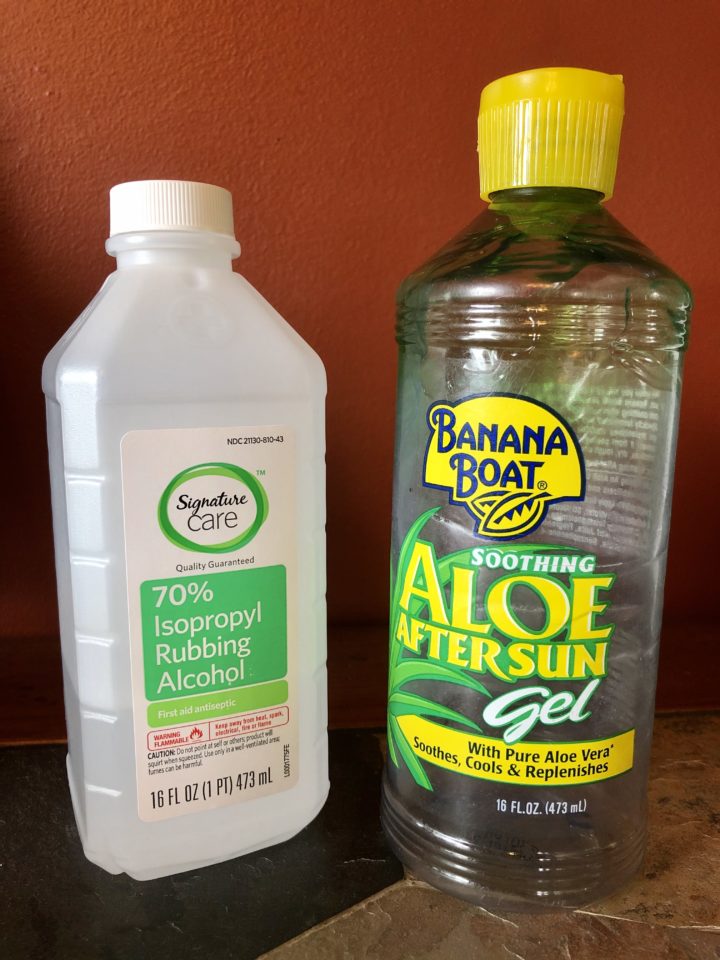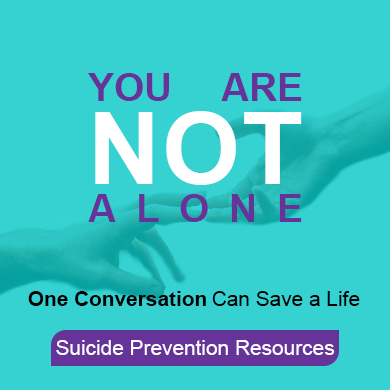COVID-19 HHRC Update: Do Not Make Your Own Sanitizer, Women, Infants, and Children (WIC), Senior Nutrition and Mom Meals
April 13, 2020 7:00 pm
Information shared from Grand Country Public Health https://www.co.grand.co.us/COVID19

Do Not Make Your Own Sanitizer
“The best way to prevent the spread of infections and decrease the risk of getting sick is by washing your hands with plain soap and water”, advises the Centers for Disease Control and Prevention (CDC). Washing hands often with soap and water for at least 20 seconds is essential, especially after going to the bathroom, before eating, and after coughing, sneezing, or blowing one’s nose. You should use an alcohol-based hand sanitizer that contains at least 60% alcohol, only if soap and water are not available.
While many retail stores and pharmacies sell hand sanitizers, we understand that many stores have run out and it may be difficult to find. To help increase the availability of hand sanitizers, the FDA has issued guidance for the temporary preparation of alcohol-based hand sanitizers, to be used solely by select companies and pharmacies. The FDA has also issued guidance for the temporary manufacture of alcohol by alcohol producers to use as the active ingredient in hand sanitizer products. However, it is strongly advised that consumers not make their own hand sanitizer. If made incorrectly, hand sanitizer can be ineffective, and there have been reports of skin burns from homemade hand sanitizer. The select companies and pharmacies making hand sanitizer have the appropriate skills and training to synthesize the product properly.
Do not use disinfectant sprays or wipes on your skin because they may cause skin and eye irritation. Disinfectant sprays or wipes are not intended for use on humans or animals. Disinfectant sprays or wipes are intended for use on hard, non-porous surfaces. Do not add alcohol to an existing non-alcohol hand sanitizer as it is unlikely to result in an effective product.
Women, Infants and Children (WIC)
The Special Supplemental Nutrition Program for Women, Infants and Children is better known as the WIC Program. The program serves to safeguard the health of low-income pregnant, postpartum and breastfeeding women as well as infants and children under five who are at nutritional risk. The following benefits are provided to WIC participants: supplemental nutritious foods, nutrition education and counseling, screening and referrals to other health, welfare and social services. Your family may be eligible for all the great benefits Colorado WIC provides. You do not have to be a U.S. citizen to be eligible for the WIC program. Find out if you are eligible at www.coloradowic.gov/eligibility. To apply, complete a referral form or call 970-363-6692 and a local WIC staff member will contact you. Currently, all appointments are being completed over the phone.
Senior Nutrition and Mom’s Meals
Grand County Public Health temporarily suspended congregate meals for seniors due to the current Public Health Orders, but they have replaced it by providing their clients with totes containing a three-day supply of shelf-stable food. Since March 16, they have passed out 121 totes; about 21 totes per week. Grand County Public Health is also encouraging anyone 60 years and older to sign up for the Mom’s Meals program. The program delivers four meals a week directly to your home via Fedex. They are refrigerated, fresh meals that are ready to heat and eat. Clients receive eight meals every two weeks. This program is supported through Grand County funds. Please call 970-725-3288 to sign up.

